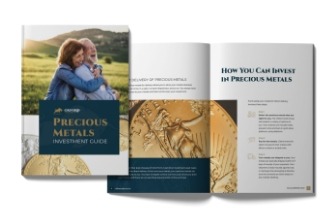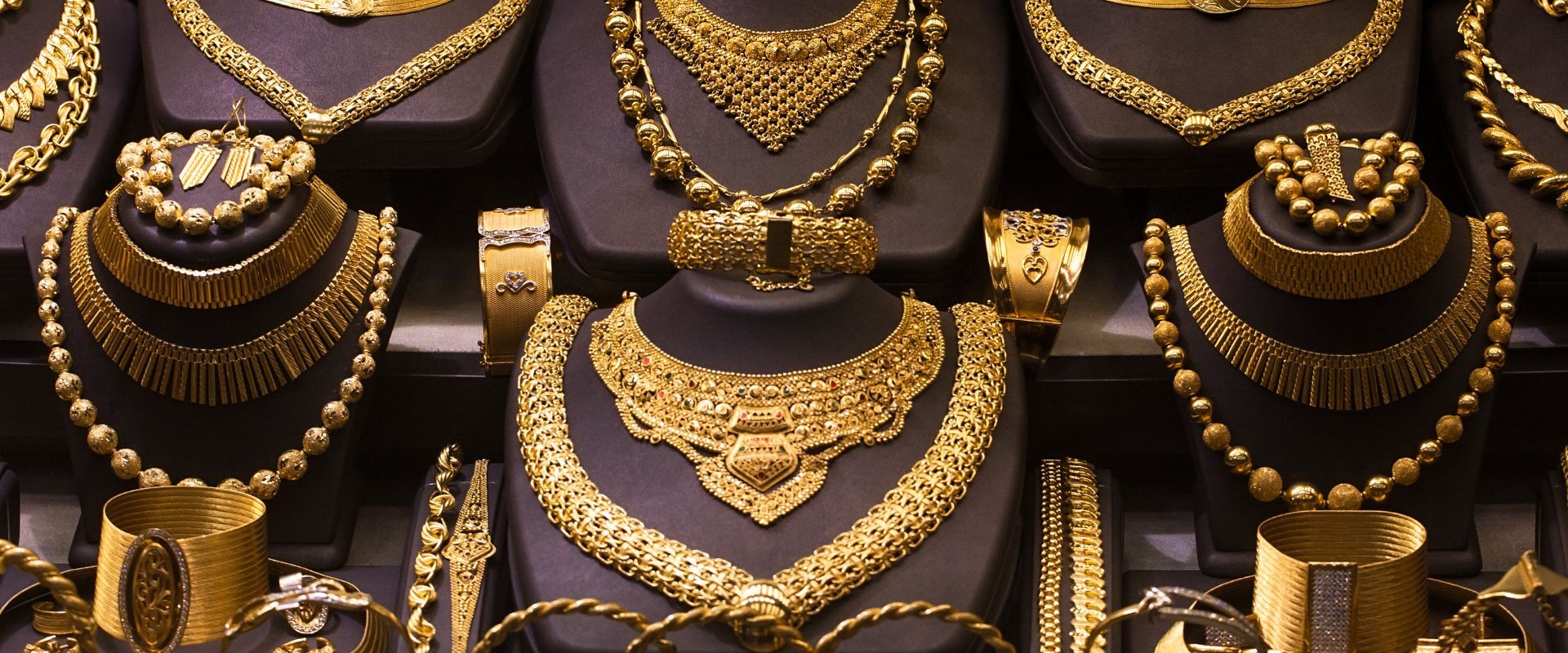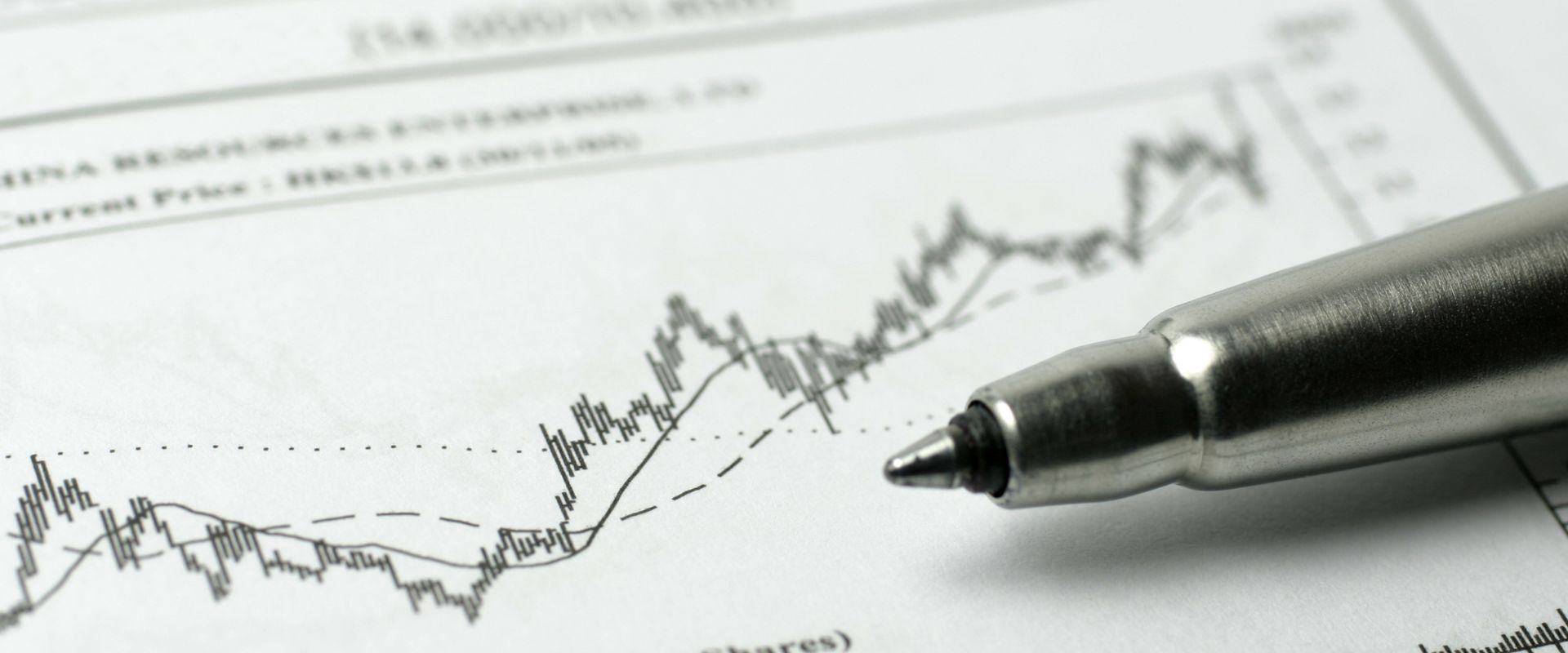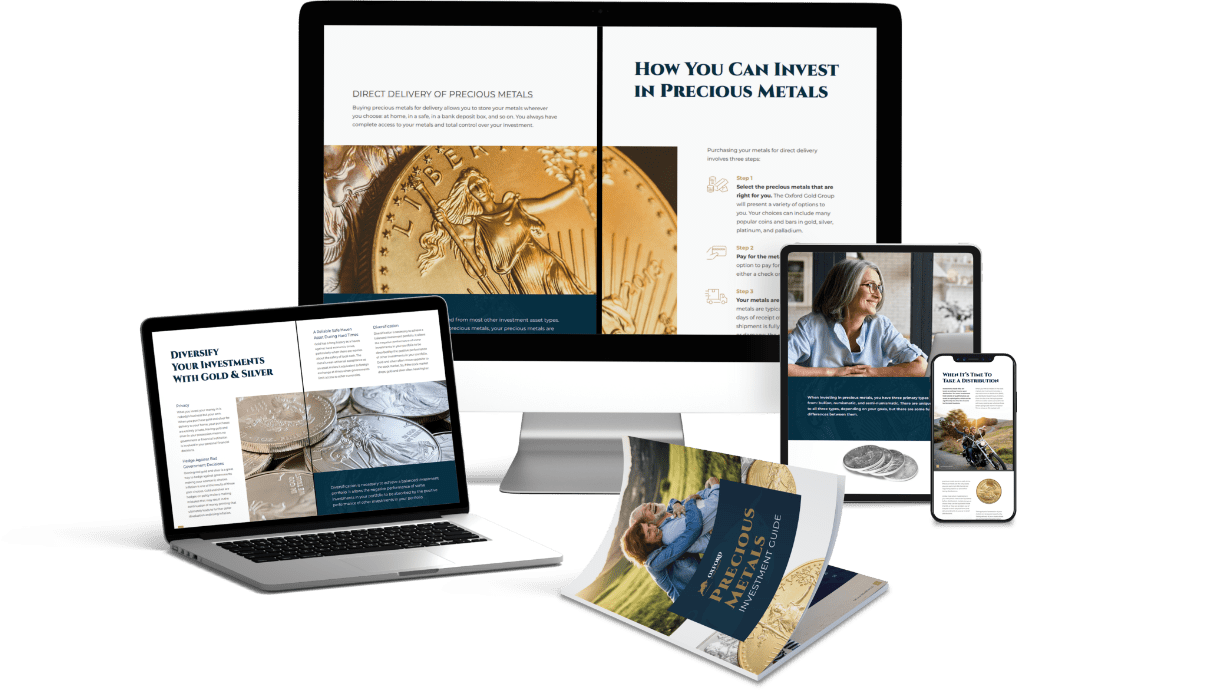Table of Contents
What is platinum used for, and is it a viable option for investors in precious metals these days? Those who have invested in different rare metals in the past might recognize a growing interest in this interesting commodity, a scarce relative to gold and silver. This scarcity explains the limitations in regular investors’ exposure to platinum, but it is still an incredibly valuable metal to consider as an addition to your portfolio.
In this guide, Oxford Gold Group discusses platinum’s attraction and application to help you make an informed decision about your next investment.
What is Platinum?
Platinum is a rare metal that has caught the eye of sharp investors over recent years for its wide range of applications in several industries. Despite its scarcity, it makes for a worthwhile investment with the proper knowledge of its applications, but this is a recent development. Unlike other common precious metals, the world did not value platinum ore highly until its usefulness in modern technology became apparent.
People have been mining platinum for centuries, with alluvial deposits still sustainable in places like Russia. Platinum has a higher melting point than other transition metals, and early explorers were unable to burn fire hot enough to harvest it. However, the rise in technology has now meant that mining operations have been able to benefit from this access to platinum in a way that is comparable to gold and silver investments.
Astoundingly, those who found platinum in the 17th century would often discard it since they could not use it. The scene has changed dramatically, with miners now able to extract the platinum and sell it to researchers, manufacturers, medical and industrial suppliers, and more. Its versatility continues to impress, and as the least-mined rare metal, platinum is now one of the most in-demand resources worldwide.
What is Platinum Used for Around The World?

Platinum’s applications extend to many areas, from medical and industrial use to jewelry and chemical engineering.
Medical Applications for Platinum
This rare metal is popular, but its recent elevation in the medical field is unprecedented. As technology evolves, this area of application is sure to continue its rapid development. For example, medical professionals and the manufacturers they rely on currently use platinum in several cutting-edge devices and treatments in mainstream medicine.
Cancer Treatment Drugs
Platinum is a primary ingredient in many modern cancer treatments, including chemotherapy. The rare metal effectively fights cancer and is particularly useful in breast, ovarian, and testicular cancer protocols.
Medical Devices
The biocompatibility of platinum means that it is safe to implant within the human body. It is also durable and strong enough to last well beyond one person’s lifetime. These two traits make the precious metal a sought-after commodity in the medical field, especially for implantable devices like stents and catheters that save lives daily.
Platinum is also reactive to oxygen and resistant to corrosion, making it a valuable component in life-saving medical devices. For example, doctors use platinum alloy in oxygen-detecting devices for how those elements respond to one another. They also rely on platinum for pacemakers and defibrillators.
Industrial Uses for Platinum
The medical field relies on platinum for essential devices and treatment, but there might not be an area that gets more use out of platinum than commercial manufacturing. People can find platinum in most standard household items, including appliances, glass, and even cars.
Auto Manufacturing
Car manufacturers lean heavily on platinum for various interior parts and under the hood of the vehicle. The rare metal is a primary fixture in spark plugs and airbag coverings and one of the biggest reasons that a fuel cell vehicle can operate. In fact, many fuel cell automobiles run on a proton exchange membrane that contains catalysts made from platinum to generate power quickly.
Platinum is also common in airplane turbine engines and fiberglass boat construction. It has also become a popular building material for land, air, and sea travel while continuing to grow as a legacy-building investment like gold or silver IRAs.
Glass Manufacturing
Platinum’s high melting point also makes it useful in creating glass fibers, which require a lot of heat. It features widely in industrial glass-building machines since platinum has a similar coefficient of thermal expansion to glass (manufacturers typically seal glass electrodes with platinum). These properties mean that platinum is in nearly every aspect of glass manufacturing, from the machines that build the glass to the products themselves.
You could be holding this commodity in your hand right at this moment since manufacturers also use this rare metal for display glasses, like the screens on cell phones, tablets, and laptops.
Common Household Technology and Tools
What is platinum used for in common household technology? Manufacturers across several industries use platinum to build many of the tools and appliances in the home, including:
- Ovens and stovetop burners
- Home safety technology
- Garden fertilizers
- Gas lamps
- Shampoos
- Household cleaning products
- Lipsticks
On average, nearly 20% of the manufactured products we use in our everyday lives either contain platinum in some capacity. Or, they come from a factory that used platinum in its manufacturing equipment. The idea of repeated exposure to this relatively-unknown rare metal is unsettling for some, but its biocompatibility, corrosion resistance, and non-toxic properties mean that platinum has full approval from the FDA and is safe to use.
Silicones
The final surprising application is that platinum is a primary ingredient in many adhesives and silicones. We use these substances in daily life, including in medical silicones. This rare metal is water-resistant and durable enough to survive transportation, so manufacturers even use it to create paper stickers on baked goods in grocery stores and many other products.
If anyone you know has limb or fitted joint prosthetics, an artificial lumbar disc, or any other common implant, it is likely that the medical manufacturer made it using platinum as a key component. Platinum’s incredible versatility puts a positive spin on its potential as a long-term investment vehicle, and it is well worth considering for those interested in precious metals.
Other Common Uses for Platinum
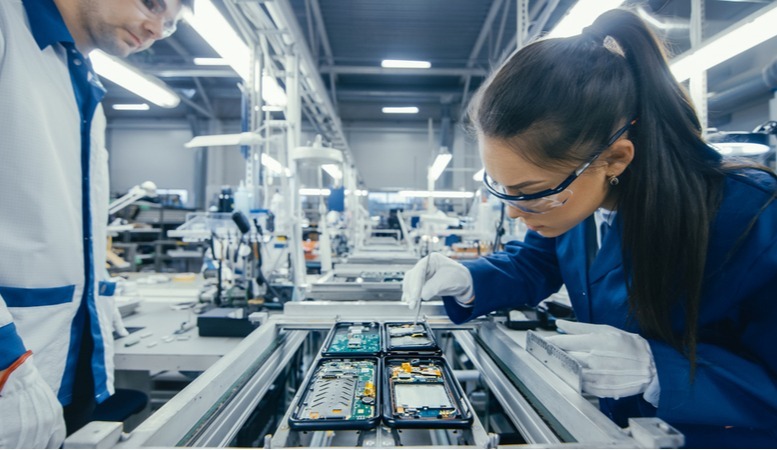
Manufacturers in electronics, jewelry, and autocatalysts also find platinum useful.
Electronics
One of platinum’s most practical applications is in electronics development, from the screens on our laptops and phones to circuits, electrical resistance wires, and more. Platinum produces high magnetic properties when mixed with a platinum group metal like cobalt, which is why manufacturers frequently use platinum in hard disks for computers, video game consoles, and televisions.
Jewelry
Platinum is not only a precious metal used behind the scenes in major manufacturing processes, though. It is popular for its usefulness in medicine, electronics, and other industries, but it is also a beautiful and durable metal that provides a practical resource for jewelry makers. Placing a rare necklace or watch into a gold IRA is a common practice for investors, so why not consider platinum pieces as an alternative?
Platinum is strong and malleable, so jewelers form it into myriad designs that last through decades of repeated use. This precious metal also has low reactivity, which means that platinum jewelry will not oxidize or rust with repeated oxygen exposure.
Autocatalysts
What is platinum used for in the world of auto manufacturing? One of its main applications is as an autocatalyst, a cylindrical tool made from different chemicals and platinum group metals. Auto manufacturers install this platinum-based device on their vehicles’ catalytic converter, where the parts work to moderate engine exhaust and convert it into environmentally-friendly carbon dioxide.
Japanese and North American manufacturers were the first to use autocatalysts in the 1970s, but roughly 95% of new cars now contain this useful device. The high demand for autocatalysts will likely continue as manufacturers take advantage of these pollutant-fighting auto parts to adhere to the strict environmental regulations on an industrial level.
Is Platinum a Worthy Investment?
So, platinum is a significant part of life in our modern world, even when we are not aware of its prevalence in our homes, workplaces, cars, or medical facilities. Whether in luxury items like a fiberglass boat or that latest cell phone, pacemaker, or chemotherapy treatment, platinum works hard to improve the quality of life for us all. Since the rare metal is standard in several fields and used to advance technology in others, it is likely to stay in high demand for decades to come.
Understandably, that level of demand makes platinum seem like an even more stable and valuable investment as the years go by. Precious metal investors look into platinum-based opportunities each year; perhaps, you should too.
Let Oxford Gold Group Help You Invest in Platinum

Platinum is competing with gold and silver on a global stage, and not just in its mainstream industrial and medical applications. If you are wondering how you can invest in precious metal and take advantage of its high demand, why not start with the resources at Oxford Gold Group? There are several ways to start investing in platinum, but there is no reason to get lost in the details or miss out on the best value with our team a phone call away.
What is platinum used for in IRA investments and other ways of investing in precious metals? Contact Oxford Gold Group at (833) 600-GOLD today to find out more.
